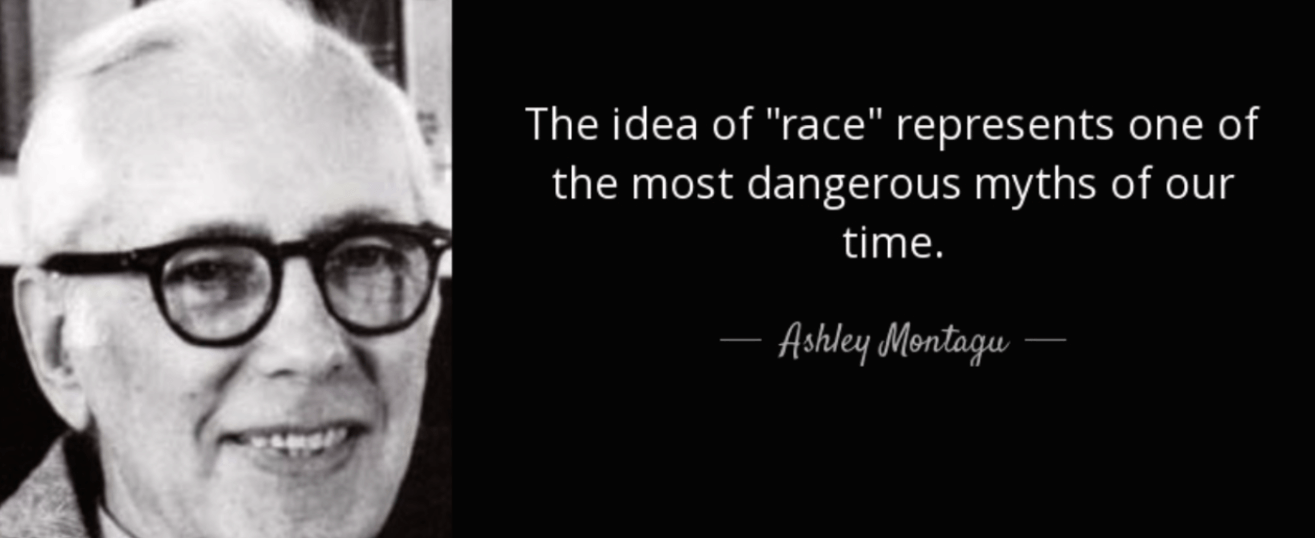Polygenic scores can also be used by parents who are doing in vitro fertilization to predict the traits that different embryos are likely to develop. They can use these scores to guide their choice of which embryo to implant – not only to try to minimize diseases, but also to increase their children’s intelligence or select in favor aesthetic traits like eye color and height.
But there is a problem: for many traits, polygenic scores only work well for the population on which they are “trained.” Because racial and ethnic groups differ genetically, and because polygenic traits are often influenced by thousands of small genetic variants – some of which differ between ethnic groups – the same models cannot be used to forecast the traits of Africans and Asians equally well.
Genetic information from one group, such as white British in the UK Biobank, can be used to predict the traits of people from genetically similar groups — such as Swedes or Poles — without much loss in accuracy. But as a rule of thumb, the power of polygenic scores weakens in proportion to how genetically distant one group is from another group.
For example, polygenic scores derived from people in Korea can predict the traits of people in China and Japan quite well. But they can’t predict the traits of Africans very well, because of genetic differences that have arisen since the populations diverged tens of thousands of years ago.
Challenging a central dogma of ‘Social Justice’
Why does this matter? Because polygenic scores will soon allow parents to select embryos for traits that will give their children genetic advantages, including higher intelligence and better health.
Steve Hsu, a co-founder of Genomic Prediction, has said that initially intelligence screening will only be used to detect a mental disability, but he has little doubt it will eventually be used to identify the potential IQ among embryos. “I think people are going to demand that. If we don’t do it, some other company will,” said Hsu.
Many social justice advocates say they want to help poorly performing racial groups. But the taboos they’ve helped create in modern genetics research may end up depriving some ethnic groups of the opportunities that others will have.
Currently, there is no African or South Asian equivalent of the large biobanks that exist in places like the UK and Japan (“biobanks” are large repositories of genetic data).
Part of the problem is that some governments lack the money, infrastructure, and expertise to build biobanks. But another part of the problem flows from taboos surrounding research into genetic differences in socially significant traits, including intelligence.
While scientists have demonstrated the high heritability of intelligence and other psychological traits, their research is often spurned in Western countries by political activists who do not want to believe that genes – rather than environmental or social factors such as poverty or oppression – can help explain observable inequalities in wealth, education, and other social outcomes.
The progressive commitment to rejecting genetic influences on traits — what’s often called a “blank slate” view of human nature — emerged in the wake of World War 2, largely as a backlash to the fact that Germans and Japanese appealed to racial superiority to justify conquest. Indeed, it was precisely in response to these claims of superiority that the United Nations adopted a social constructivist stance on race that rejected any role for genetics.
Ashley Montagu, a prominent social anthropologist of the era and author of Man’s Most Dangerous Myth: The Fallacy of Race, argued that “race” should be eliminated altogether from science.

Their views had wide influence in a world recovering from a catastrophic war that decimated Europe. The founding documents of the United Nations rejected racism for obvious reasons. But this moral motivation influenced its scientific assertions. In its 1950 “Statement on Race and Racial Prejudice” the UN decreed that race is nothing more than an illusion (‘the differences between the achievements of the different peoples are entirely attributable to geographical, historical, political, economic, social and cultural factors”), and thus biologically-based racial differences cannot exist.
The assertion that “race is a social construct” with no biological reality hardened into dogma in American and European academic institutions in the years that followed. But from the time it was drafted, influential scientists sharply criticized the UN statement.
Prominent evolutionary biologist Theodosius Dobzhansky dismissed the UN position on race as a noble lie. Sure, the edges of what might be called races are fuzzy. But, Dobzhansky thought, the concept of human group differences helps explain many phenomena, including obvious anatomical differences, and less obvious but arguably more important population differences in disease proclivities and behavior.
British geneticist and polymath Sir Ronald Fisher agreed, concluding that “the practical international problem is that of learning to share the resources of this planet amicably with persons of materially different nature, [but] this problem is being obscured by entirely well-intentioned efforts to minimize the real differences that exist.”
An ugly consequence of a ‘noble lie’
The American government, or a consortium of geneticists, could easily collect genetic data on a variety of ethnic groups. This data could then be used to develop polygenic scores for all groups, including for traits like intelligence, which many prospective parents have expressed an interest in selecting for.
The problem is that the scientific establishment in Western liberal democracies has thoroughly absorbed the central dogma holding that race is an illusion, and that racial differences cannot exist. Many universities and centers for scientific research are reluctant to subsidize or even allow scholars to study the connection between population genetics and cognitive traits, let alone possible group differences in these traits.
James Lee, a world-renowned behavior geneticist, recently wrote about his experience of being blocked by the National Institute of Health (NIH) when applying to use a government database to learn more about the genetic foundations of intelligence. According to Lee, the NIH feared that such research might lead to groups being “stigmatized” or “marginalized,” since they apparently recognize that group differences are likely to be found as a byproduct of this research.
Major scientific journals, such as Nature and Science, have adopted similar standards, saying they will not publish articles that might indirectly “harm” some groups. Instead, they say they want to promote controversial moral goals like “equity” by refusing to publish research that implicates genes in explaining group differences in socially significant traits.
Ultimately these taboos will end up hurting the people they are supposed to help.
Polygenic scores will become increasingly powerful in the next few years. The real question is which groups will be able to use these scores to improve the prospects of their children. Unless data is collected on all groups — including data on traits like intelligence — many people will be unable to use polygenic scores to guide their reproductive decisions.
Although efforts to collect more diverse genomic data are underway, it is likely that bureaucratic gatekeeping will continue to prevent scientific research into the genetics of important traits like intelligence in the name of promoting a myopic conception of ‘social justice’.
Social justice advocates who want to help the least well-off groups should stop stigmatizing scientific research and start advocating for the collection of genetic data from which all groups can benefit.
Jonathan Anomaly is the academic director of the Center for Philosophy, Politics, and Economics in Quito, Ecuador, and the author of Creating Future People: The Science and Ethics of Genetic Enhancement (Routledge, 2024). Find Jonathan on X @JonathanAnomaly
A version of this article was published at the blog Parrhesia and is reposted here with permission. Any reposting should credit both the GLP and original article.































